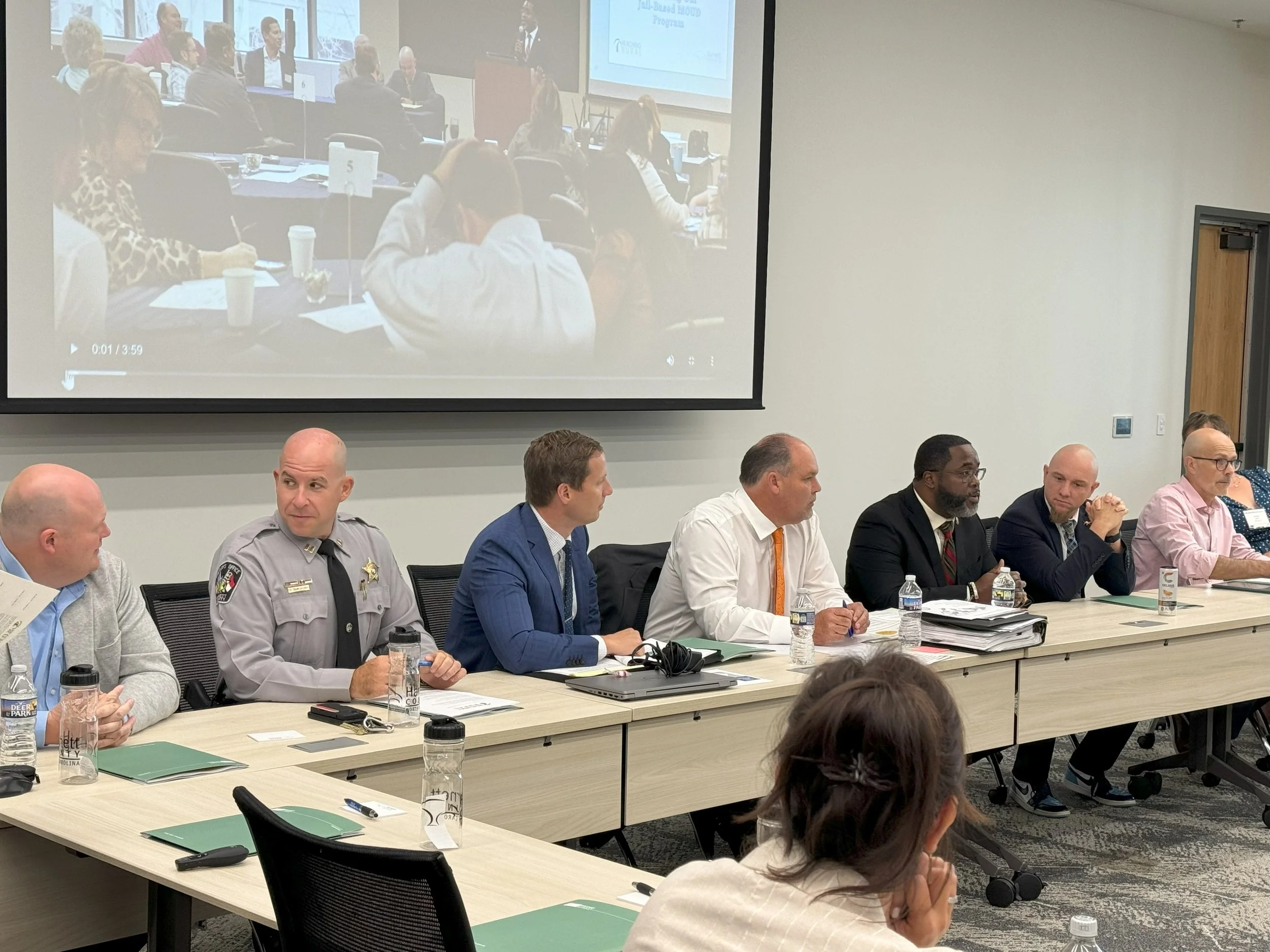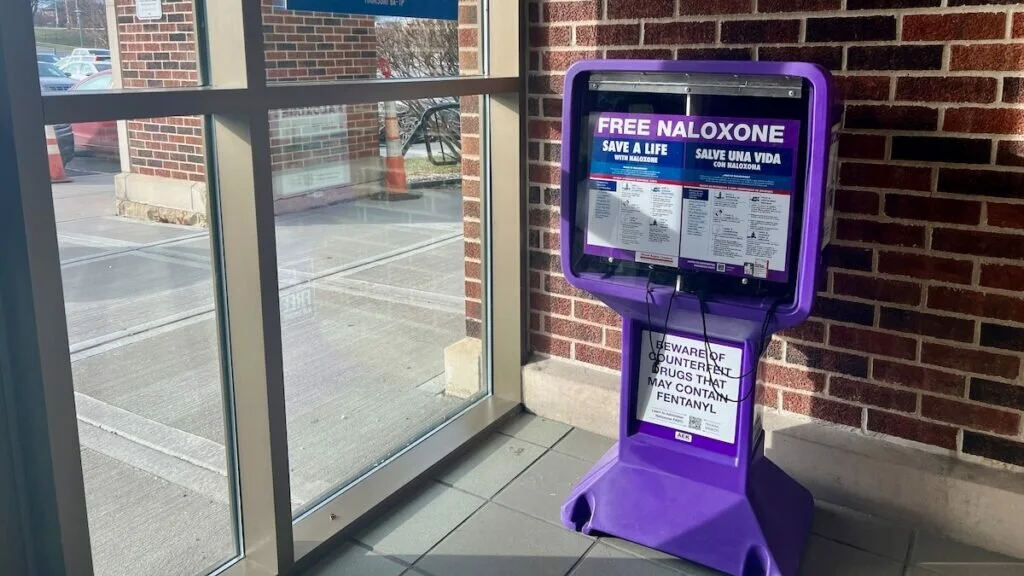Resources for Rural Communities
Use the filters below to search by resource topic, type, and audience.
Range Podcast: Opioid Overdose in Rural WA & ID
This episode explores the landscape of opioid overdose in the rural areas of North Idaho and Northwest Washington, and highlights the tragic story of Jasmine Martin, a 23-year-old who died from an overdose in 2024 while trying to get sober. The conversation explores the availability of recovery resources, stigmas surrounding addiction, and the complexities of fentanyl use in small communities. (Jasmine’s story, min. 11:18)
Opioid Overdose Deaths Drop in Missouri, but Rural Areas Fight Stigmas, Barriers to Care
Narcan dispensing boxes are becoming common in Missouri to combat opioid overdoses. Officials stress the need for more addiction treatment services, better access to treatment, and improved coordination between emergency services and long-term care, especially in rural areas.
Lessons in Framing Overdose Prevention: Considerations for Rural Communities
To assist rural communities in effectively communicating overdose prevention, the Berkeley Media Studies Group (BMSG) offers comprehensive insights on how this topic is framed within rural contexts. Their presentation covers key components, including messaging strategies (beginning at 9:49), methods for framing and reframing the issue (16:28), utilization of Lakoff’s Levels of Framing (22:21), relevant research findings (25:16), techniques for message development (30:03), and recommendations for selecting effective messengers and communication practices (36:18).
Who Is Most Likely to Use a Harm Reduction Vending Machine?
People who use drugs and live in rural communities may lack access to harm reduction services. Harm reduction vending machines that offer 24/7 access to resources may help address this need. This study examines who in particular may be more or less likely to use a harm reduction vending machine in a sample of people using drugs in Appalachia.
AzCRH Webinar: Overdose Recognition, Naloxone Administration and Use Empowering Safety & Prevention
Arizona Center for Rural Health webinar on recognizing overdose, administering naloxone, self-care for witnesses, resilience strategies, and fostering safe environments for overdose prevention and recovery. Includes training and stigma-reduction segments.
Description Of Implementing a Mail-Based Overdose Education and Naloxone Distribution Program In Community Supervision Settings During COVID-19
Describes a mail-based overdose education and naloxone distribution program for people on community supervision in Kentucky, noting benefits and sustainability challenges.
Community Opioid Overdose Reversal Medications (OORMs) Planning Toolkit
Toolkit for expanding access to naloxone and other overdose reversal medications, providing guidance for communities to develop effective prevention and response strategies.
The Rural Utah Community at The Crossroads of The Fentanyl Epidemic
Carbon, Grand, and Emery counties in Utah have opioid death rates more than double the state average; this series investigates the crisis and potential solutions through interviews with affected individuals and officials.
Rural Roads - The RCORPodcast Ep. #71 NaloxBoxes in Rural Settings
Discusses implementation and sustainability of NaloxBox programs for naloxone distribution in rural Wisconsin counties and schools.
Understanding The Needs of Rural Communities: Principles and Practices for Overdose Prevention and Response
Report with recommended principles and practices for rural overdose prevention and response, aimed at local stakeholders.
"Expected to happen": perspectives on post-release overdose from recently incarcerated people with opioid use disorder
Study of people with OUD released from jail in Massachusetts identifies risk and protective factors for post-release overdose, based on participant interviews.
The Influence of Transformations in Supply on Methamphetamine Initiation Among People Injecting Opioids in the United States
Study in West Virginia links increased methamphetamine supply to rising opioid-methamphetamine co-use and overdose mortality in rural communities.
Successful Strategies for Addressing the Opioid Epidemic in Rural Communities: Harm Reduction
Rural communities across the country are implementing harm-reduction programs to better serve residents with substance use disorder (SUD) and make more efficient use of limited resources. This brief is one in a series highlighting projects that are part of the Rural Responses to the Opioid Epidemic (RROE) project.













